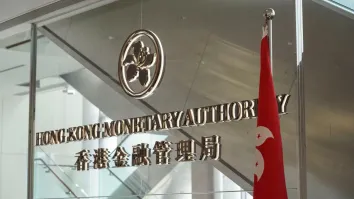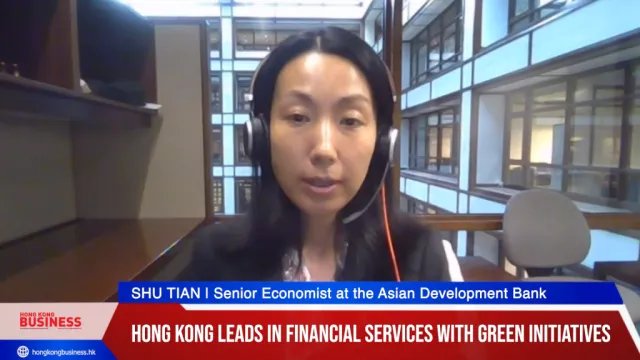
3 in 4 parents more pressured over finances than older counterparts
Children’s education ranked as their highest financial stressor.
Compared to their parents’ generation, 75% of Hong Kong parents were more stressed with money matters in an online survey conducted by the Investor and Financial Education Council (IFEC).
In their survey, the IFEC involved 400 participants with primary school-going children to gather insights into their financial commitments and obligations, and how they impart financial knowledge to their children. Findings revealed that 71% of the respondents feel financially stressed, whilst 75% of younger parents born in the 1980s feel more stressed than the older age groups.
Of the reasons cited for financial stress, at the top was children’s education at 55% as 44% blamed household expenses, and 34% claimed making provision for retirement.
Other than expenses for themselves and their children, 83% felt a responsibility to provide financially for their retired parents. Over half give between $3,000 and $7,000 a month to their parents, whilst another 18% provide their parents with an allowance of between HK$7,000 and HK$11,000 a month.
Although 79% of respondents would no longer financially support their children once they enter the workforce, another 87% said they expect their grown-up children to contribute to household expenses. Additionally, 74% would provide financial support for their children to purchase a home, and 57% would contribute to their son or daughter’s wedding expenses. Almost half indicated that they would be willing to help with their children’s credit card debts if necessary.
Respondents also reacted positively when asked about the values and financial lessons passed down from the previous generation. Almost three-fourths considered their parents good role models in money management, with 65% citing their ability to budget, 60% in good savings habit and 58% in prudent spending habit.
The survey also found that grandparents play a significant role in their grandchildren’s money education. Despite 45% of the respondents having tensions with their parents on teaching their children about money matters, 64% of parents perceiving them to be a source of positive influence on the children.



















 Advertise
Advertise






